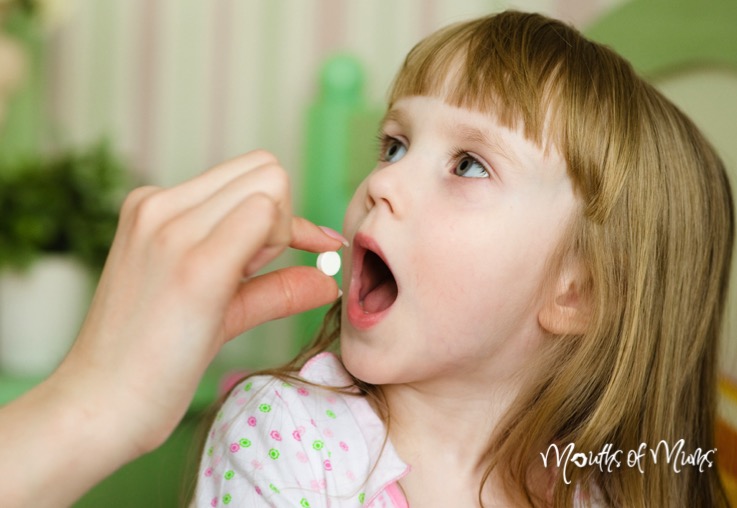A new study has revealed that young children who are given antibiotics are more likely to develop pre-diabetes in adolescence.
Experts at the Athens University Medical School in Greece have warned that the drugs can disrupt a child’s gut microbial ecosystem leading to ongoing diabetes related issues in adolescence and possibly adulthood.
Lead study author Dr Charikleia Stefanaki said:
“Increased consumption up to the age of three seems to decrease beneficial gut microbes and alter nutrient absorption and metabolism. This may lead to pre-diabetes, and early high-risk stage of type 2 diabetes mellitus.’
According to the Centers for Disease Control and Prevention, Pre-diabetes is a condition in which a person has a blood sugar level higher than normal – but not high enough to be considered diabetes.
The condition puts a person at a higher risk for developing type 2 diabetes, heart disease and stroke.
Previous studies have also shown that up to 30 per cent of people with pre-diabetes will develop type 2 diabetes within five years – unless dramatic lifestyle changes are implemented to assist with improving their health.
The newly published study from the Athens University Medical School saw a team of researchers set out to investigate the relationship between the gut microbiome and pre-diabetes in adolescents.
They examined the differences in intestinal ecology in males and females between the ages of 12 and 17. The scientists analysed fecal samples of 10 adolescents with pre-diabetes – as well as 14 healthy controls.
Those with pre-diabetes reported having taken antibiotics more than three times a year by the time they were three years old. It was determined that the pre-diabetes participants had fewer colony forming units of Ruminococcus species per gram of stool.
Ruminococcus species nourishes the gut’s beneficial bacteria – and its depletion can cause unfavourable changes in the gut flora. Scientists determined that lower Ruminococcus levels may also lead to adolescent pre-diabetes.
Dr Stefanaki said that the study’s results showed that:
“Antibiotics should be administered only when really indicated. Gut microbes are a delicate “organ” frequently neglected by the medical community that produces vitamins, hormones and micronutrients, interacts with the gut’s nervous system, and influences the gut’s immune response.”
The findings were presented at the annual meeting of the Endocrine Society.
Image source: Getty Images




















-

-
-
BellaB said
- 30 Apr 2016
-

-
-
youngoldlady said
- 25 Apr 2016
-

-
-
Threelos said
- 24 Apr 2016
-

-
-
june11 said
- 05 Apr 2016
-

-
-
beksmum said
- 05 Apr 2016
-

-
-
mom90758 said
- 05 Apr 2016
-

-
-
mom160421 said
- 05 Apr 2016
Post a comment1:29 pm
6:47 pm
2:30 pm
7:46 pm
1:56 pm
1:47 pm
10:40 am
To post a review/comment please join us or login so we can allocate your points.